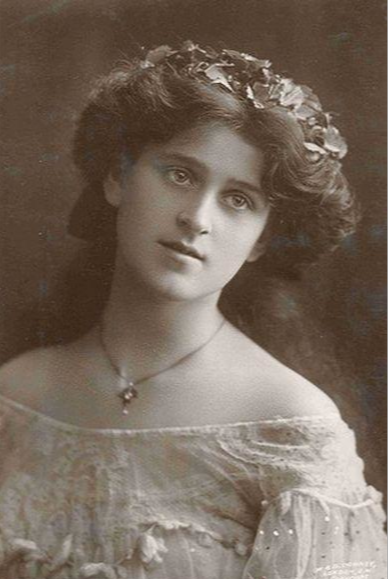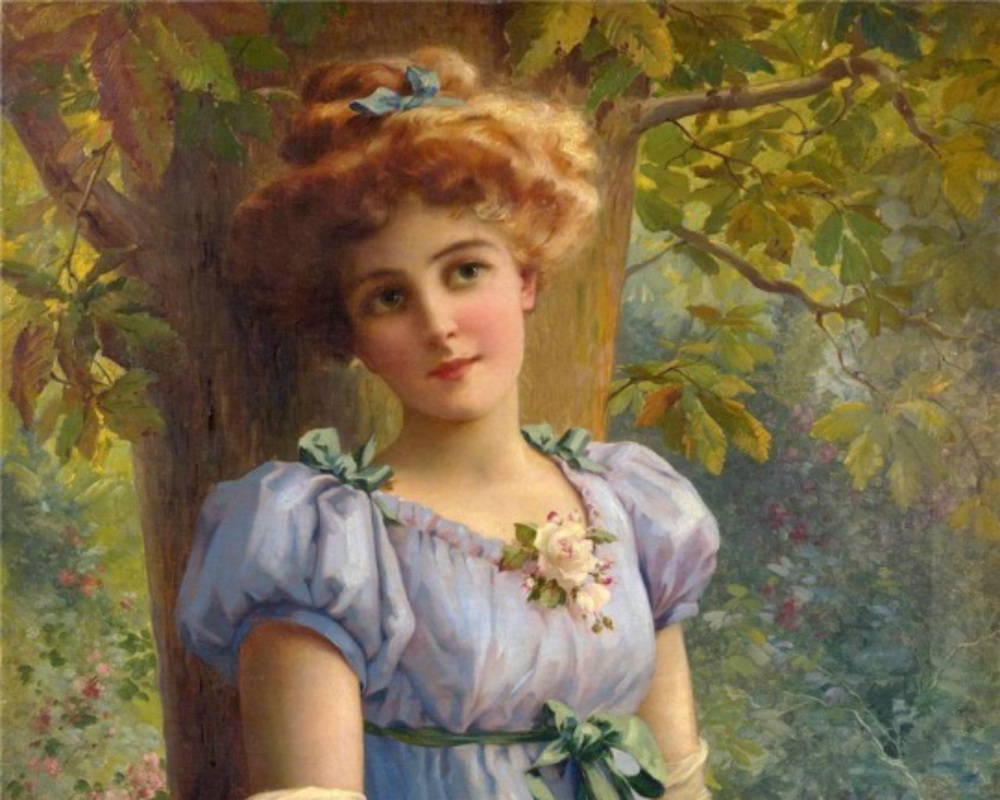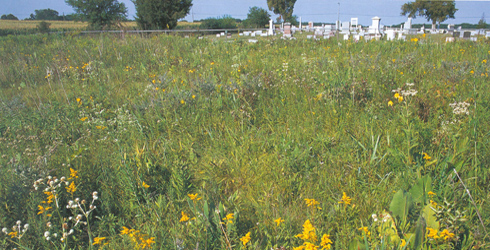Parlor Music
As described earlier, Parlor Music was a central facet of American life from late 1700's through the 1870's when it went into a decline following the Civil War. The songs survive to the present. So much so, contemporary Americans often believe these songs to be Folk Songs. Many songs have been resurrected into new genres. "Aura Lee," for example, found its melody used by Elvis Presley's greatest single hit, "Love Me Tender." It can also be found recorded by jazz artists and on the CD Hawaiian Wedding Music.
Many compositions were instrumental, no lyrics or voices. These are not pertinent here.
The major composers of this time are John Hill Hewitt, George Frederick Root, and the brilliant Stephen Foster. The easy style of performance, often either piano or guitar with a single voice, was easily adapted to a wide variety of instruments. Edgar Allen Poe and his wife Virginia were fond of playing Parlor Music; she sang and he played the flute. Many lyrics are highly sentimental but from a highly sentimental era. A large number of the songs deal with separation, loss of love, the "war of the sexes." Compare lyrics to the Elements of Romanticism.
Despite the incredible success of his Black Face Minstrel tunes, Stephen Foster's first love was Parlor Music. Foster's music traveled deeper into the heart than those of other composers. Although there is that Antebellum sentiment running through many songs, the emotional sense rings honest compared to his contemporaries. Compare the two songs and their effects.
Many compositions were instrumental, no lyrics or voices. These are not pertinent here.
The major composers of this time are John Hill Hewitt, George Frederick Root, and the brilliant Stephen Foster. The easy style of performance, often either piano or guitar with a single voice, was easily adapted to a wide variety of instruments. Edgar Allen Poe and his wife Virginia were fond of playing Parlor Music; she sang and he played the flute. Many lyrics are highly sentimental but from a highly sentimental era. A large number of the songs deal with separation, loss of love, the "war of the sexes." Compare lyrics to the Elements of Romanticism.
Despite the incredible success of his Black Face Minstrel tunes, Stephen Foster's first love was Parlor Music. Foster's music traveled deeper into the heart than those of other composers. Although there is that Antebellum sentiment running through many songs, the emotional sense rings honest compared to his contemporaries. Compare the two songs and their effects.

Gentle Annie (1856)
Stephen Collins Foster
Thou wilt come no more, gentle Annie,
Like a flow'r thy spirit did depart;
Thou art gone, alas! like the many
That have bloomed in the summer of my heart.
Chorus:
Shall we never more behold thee;
Never hear thy winning voice again
When the Springtime comes gentle Annie,
When the wild flow'rs are scattered o'er the plain?
We have roamed and loved mid the bowers,
When thy downy cheeks were in their bloom;
Now I stand alone mid the flowers
While they mingle their perfumes o'er thy tomb.
Chorus
Ah! the hours grow sad while I ponder
Near the silent spot where thou art laid,
And my heart bows down when I wander
By the streams and the meadows where we stray'd
Chorus
From The Stephen Foster Songbook (Dover Press)
Stephen Collins Foster
Thou wilt come no more, gentle Annie,
Like a flow'r thy spirit did depart;
Thou art gone, alas! like the many
That have bloomed in the summer of my heart.
Chorus:
Shall we never more behold thee;
Never hear thy winning voice again
When the Springtime comes gentle Annie,
When the wild flow'rs are scattered o'er the plain?
We have roamed and loved mid the bowers,
When thy downy cheeks were in their bloom;
Now I stand alone mid the flowers
While they mingle their perfumes o'er thy tomb.
Chorus
Ah! the hours grow sad while I ponder
Near the silent spot where thou art laid,
And my heart bows down when I wander
By the streams and the meadows where we stray'd
Chorus
From The Stephen Foster Songbook (Dover Press)
|
Rosalie the Prairie Flower (1855)
George Frederick Root On the distant prairie, where the heather wild, In its quiet beauty liv'd and smiled, Stands a little cottage, and a creeping vine Loves around its porch to twine. In that peaceful dwelling was a lovely child, With her blue eyes beaming soft and mild, And the wavy ringlets of her flaxen hair, Floating in the summer air. Fair as a lily, joyous and free Light of that prairie home was she, Ev'ryone who knew her felt the gentle pow'r Of Rosalie, 'The Prairie Flower.' On that distant prairie, when the days were long, Tripping like a fairy, sweet her song, With the sunny blossoms, and the birds at play, Beautiful and bright as they. When the twilight shadows gather'd in the west, And the voice of Nature sank to rest, Like a cherub kneeling, seem'd the lovely child, With her gentle eyes so mild. Fair as a lily, joyous and free, Light of that prairie home was she. Ev'ry one who knew her felt the gentle pow'r Of Rosalie, 'The Prairie Flow'r.' But the summer faded, and a chilly blast, O'er that happy cottage swept at last: When the autumn song birds woke the dewy morn, Little 'Prairie Flow'r' was gone. For the angels whisper'd softly in her ear, 'Child, thy Father calls thee, stay not here.' And they gently bore her, rob'd in spotless white, To their blissful home of light. Though we shall never look on her more, Gone with the love and joy she bore, Far away she's blooming in a fadeless bow'r, Sweet Rosalie, 'The Prairie Flow'r'. From the Public Domain |


